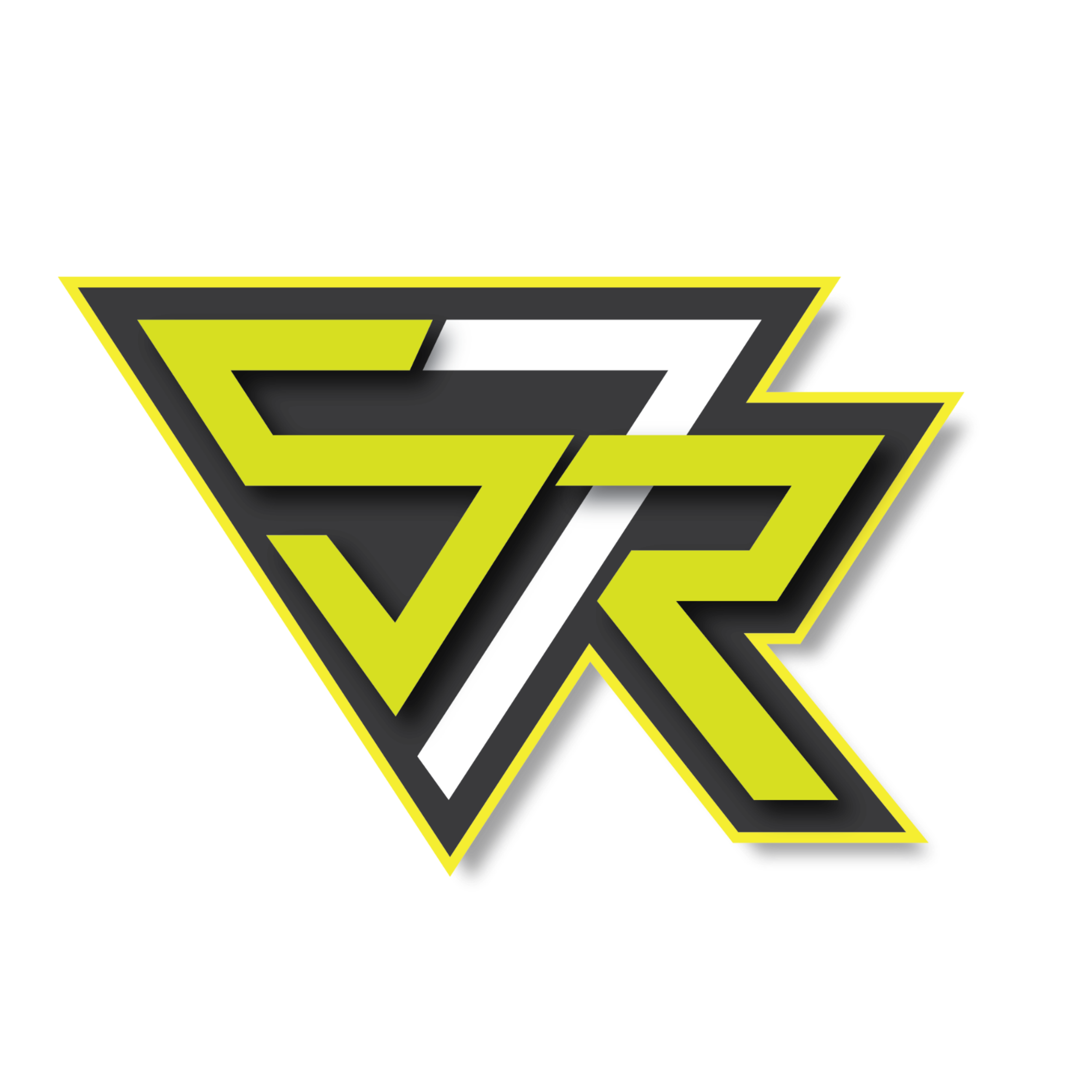


Databases are typically controlled by a database management system (DBMS). The DBMS is responsible for organizing the data, providing access to the data, and ensuring that the data is secure and accurate.
There are two main types of databases: relational databases and NoSQL databases.
Relational databases are the most common type of database. They store data in tables, which are made up of rows and columns. Each row represents a single record, and each column represents a single piece of data about that record.
NoSQL databases are a newer type of database that are not as restricted as relational databases. They can store data in a variety of formats, such as documents, graphs, and key-value pairs.
